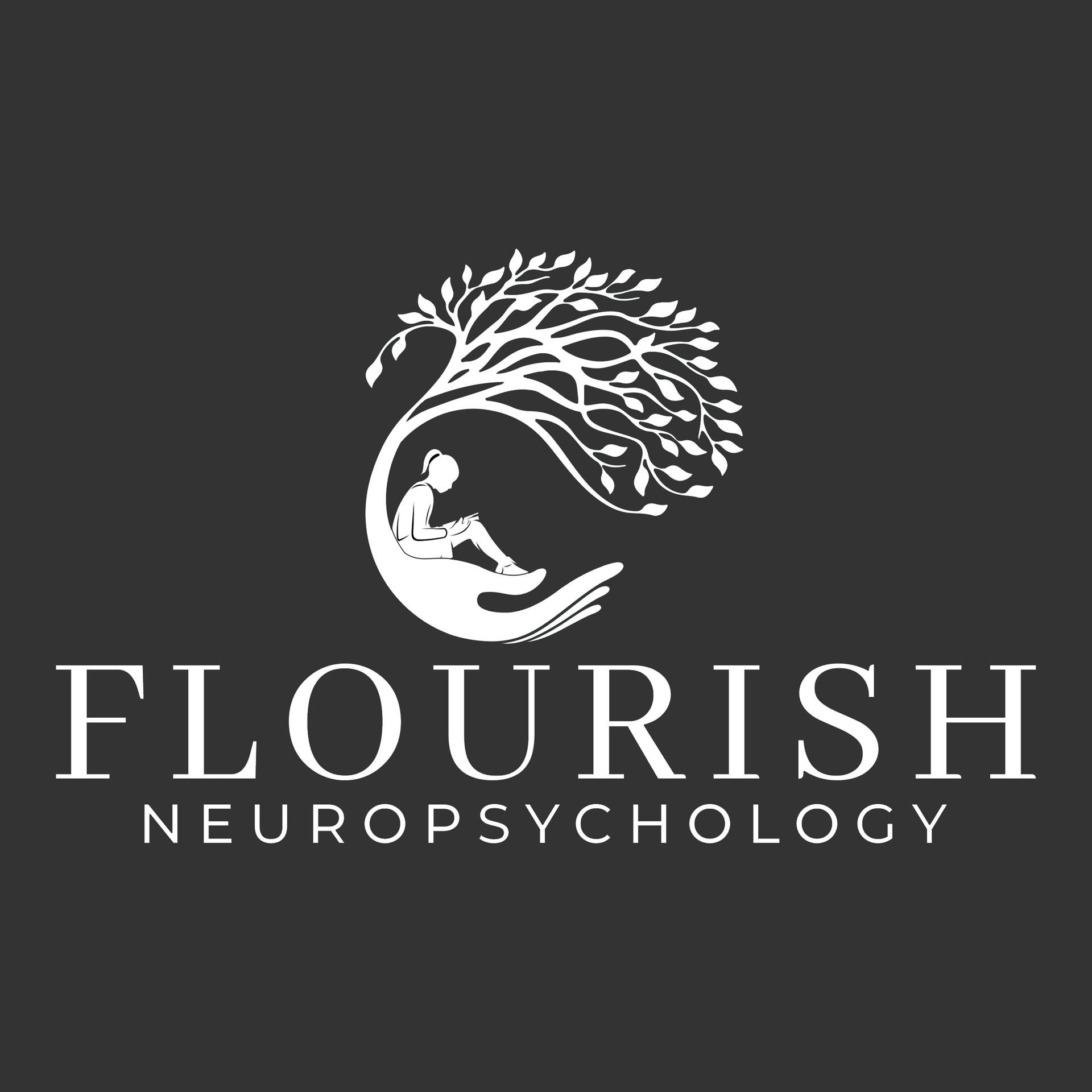TARGETED AUTISM EVALUATION
What is an autism evaluation?
An autism evaluation is a comprehensive assessment designed to determine whether an individual meets the criteria for autism. This evaluation helps in diagnosing autism by examining various aspects of behavior, communication, social interaction, and developmental history.
Overall, an autism evaluation provides a thorough assessment of whether an individual exhibits the behaviors and characteristics associated with autism, and it helps in developing appropriate strategies to support their development and well-being.
Here's an overview of what typically happens during an autism evaluation:
List of Services
-
Initial ConsultationItem Link List Item 1
The process usually begins with an interview where the evaluator gathers detailed information about the individual’s developmental history, behavior, communication skills, and any concerns or symptoms observed by parents, caregivers, or the individual themselves.
-
Developmental and Medical HistoryItem Link List Item 2
The evaluator will review the individual’s developmental milestones, medical history, and family background. This helps in understanding the context and identifying any factors that may contribute to the symptoms.
-
Standardized Diagnostic ToolsItem Link List Item 3
The evaluation often includes the use of standardized diagnostic tools and instruments designed to assess autism characteristics. Common tools include:
- Autism Diagnostic Observation Schedule (ADOS-2): A structured assessment that involves observing the individual’s behavior and interactions through various activities and tasks.
- Autism Diagnostic Interview-Revised (ADI-R): A detailed interview with caregivers that focuses on developmental history and current behavior related to ASD symptoms.
- Childhood Autism Rating Scale (CARS): A rating scale used to assess the severity of autism symptoms based on observational data.
- Monteiro Interview Guidelines for Diagnosing the Autism Spectrum (MIGDAS-2): A detailed interactive sensory-based interview with the individual being evaluated to gather and organize qualitative information needed to diagnose autism. It also includes an interview with parents/caregivers and teachers.
-
Behavioral ObservationsItem Link List Item 4
The evaluator will observe the individual’s behavior, social interactions, communication patterns, and play skills. This helps in assessing how these behaviors align with the diagnostic criteria for autism.
-
Cognitive and Language AssessmentItem Link
In some cases, cognitive and language assessments may be conducted to evaluate areas such as intellectual functioning, language abilities, and adaptive skills. This helps to understand the individual’s overall developmental profile and any co-occurring issues.
-
Report and RecommendationsItem Link
You’ll receive a detailed report that explains the findings of the evaluation. This report will highlight your or your child’s cognitive strengths and areas of difficulty and may include specific recommendations for treatment, therapy, or strategies to help strengthen these areas.
-
Functional AssessmentItem Link
The evaluation may include assessing daily living skills and adaptive behavior to understand how the individual manages daily activities and interacts in various settings.
-
Feedback SessionItem Link
After the evaluation, the results are compiled into a comprehensive report. This report includes a diagnosis if applicable, along with detailed observations, assessment results, and recommendations for interventions, therapies, and support.
-
Intervention PlanningItem Link
Based on the evaluation results, a plan for intervention and support is developed. This might include recommendations for therapies such as speech and language therapy, behavioral therapy, occupational therapy, and educational supports.
When might an autism evaluation be needed?
An autism evaluation might be needed in various situations where understanding whether an individual has autism can provide important insights and support. In any of these scenarios, an autism evaluation provides valuable information for understanding an individual's needs and developing appropriate support and intervention strategies.
Here are some scenarios when an autism evaluation might be warranted:

Developmental Concerns: If a child is not meeting typical developmental milestones or exhibiting delays in communication, social skills, or motor skills, an evaluation can help determine if autism is a factor.
Behavioral Concerns: Persistent behaviors, such as intense repetitive behaviors, difficulties with transitions, or extreme sensitivity to sensory input, may prompt an evaluation to explore whether autism is involved.
Social Interaction Difficulties: If a child struggles with social interactions, such as making friends, understanding social cues, or engaging in play, an evaluation can help identify whether these difficulties are related to autism.
Communication Challenges: Difficulty with speech and language, including delayed language development or unusual patterns of communication, may indicate the need for an autism evaluation.
Family History: If there is a family history of autism or related developmental disorders, parents might seek an evaluation if they observe signs of autism in their child.
Educational Challenges: Struggles in the classroom setting, such as difficulties with focus, organization, or following instructions, may prompt an evaluation to understand if these challenges are related to autism.
Screening Results: Positive results from autism screening tools or developmental checklists might lead to a more comprehensive evaluation.

Late Diagnosis: Adults who were not diagnosed with autism as children but who suspect they might be may seek an evaluation for a formal diagnosis.
Persistent Challenges: Difficulties with social interactions, communication, or sensory processing that continue into adulthood and impact daily functioning may prompt an evaluation.
Mental Health Issues: Adults experiencing mental health concerns like anxiety, depression, or difficulties in managing emotions may seek an evaluation to determine if these issues are related to autism.
Workplace Difficulties: Struggles with job performance, such as problems with organization, communication, or social interactions, might lead an adult to seek an evaluation to understand if autism is a contributing factor.
Personal Relationships: Challenges in forming or maintaining personal relationships, understanding social cues, or dealing with social situations might prompt an evaluation.
Self-Understanding: Adults seeking to understand themselves better or to explain longstanding difficulties may pursue an evaluation for insight into whether they have autism.
Accessing Support and Services: If an adult needs specific accommodations, therapies, or support services, an autism evaluation can provide the necessary documentation and recommendations.
Legal or Disability Considerations: An autism evaluation might be needed for legal reasons or to qualify for disability benefits if autism is a factor in the individual’s daily functioning or ability to work.

Significant Changes in Functioning: Any noticeable changes in behavior, communication, or social interaction that affect daily life could warrant an evaluation.
Unexplained Symptoms: Symptoms or challenges that do not fit neatly into other diagnostic categories may lead to an autism evaluation to explore underlying causes.
19 North Railroad Avenue, Mechanicsburg, Pennsylvania 17055, United States
Copyright 2025 Flourish Neuropsychology | Website by Virtually Farmers | Proudly powered by Snapps
